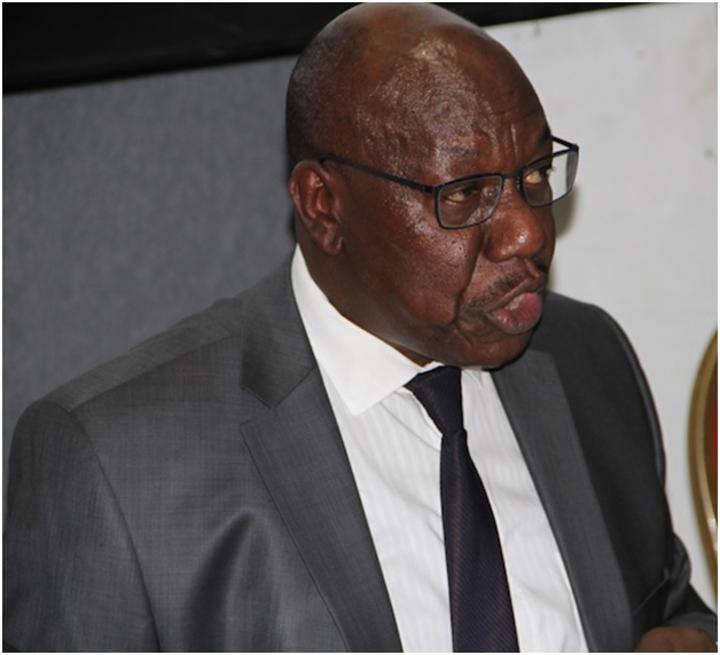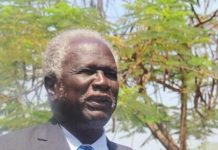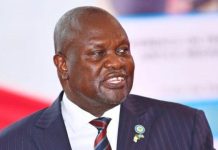Africa-Press – South-Sudan. Non-completion of the unification of forces and failure to so far reach an agreement on the command structure and force ratios, and the absence of any redeployment of the trained component of the Necessary Unified forces (NUF) threatens the foundation of the revitalized agreement, Reconstituted Joint Monitoring and Evaluation Commission (RJMEC) has said.
While “some good progress” has been achieved in the implementation of the agreement, the monitoring body expressed concerns that “South Sudanese population, stakeholders, and peace partners are expressing increased levels of frustration at the slow pace of implementation of critical aspects of the agreement.
In its quarterly report that covers 1 July 2021 to 30 September 2021 released yesterday, RJMEC noted, “the people of South Sudan weary of the years of conflict are looking to the implementation of the R-ARCSS as a step towards lasting and sustainable peace.
“Notably, this failure contributes to the worsening security situation at the subnational level, compounds public frustration with the Parties, and undermines confidence in the peace process,” the report by the RJMEC Interim Chairperson The report on the status of implementation of the Revitalized Agreement on the Resolution of the Conflict in the Republic of South Sudan (R-ARCSS) developed quarterly, is prepared pursuant to article 7.9 of Chapter VII of the R-ARCSS.
The report is geared towards providing a status update on progress or lack thereof in the implementation of the tasks stipulated in the R-ARCSS during the reporting period.
Coming more than halfway through the Transitional thirty-six month period, the report highlights “severe challenges”, which the commission says have limited progress in the pace of implementation.
“These cross-cutting challenges throughout the Agreement must be urgently and collectively addressed, if progress is to be sustained and accelerated,” the report reads in part.
“Insufficient political will among the Parties to compromise and adhere to the letter and spirit of the Agreement, trust deficit and lack of confidence among the Parties including intra-Party disagreements and in-fighting, continues to undermine progress in implementation of the Agreement,” the report said.
Other challenges the Commission noted include “missed timelines, delays and lack of prioritization of key tasks, and inability of the Parties to sufficiently coordinate, cooperate, collaborate, compromise, and to forge consensus.
”Other stumbling blocks noted are a lack of sufficient funding and resources needed for the full implementation of the Agreement generally, and lack of prioritization of critical security tasks such as Phase 1 graduation and redeployment of the NUFs, logistical supply for the cantonment sites and training centers, and the DDR Commission.
“It is clear that much effort is required on the part of the Revitalized Transitional Government of National Unity(RTGoNU) and Transitional National Legislative (TNL) to keep the implementation of the R-ARCSS at a pace which will realize the holding of elections at the end of the Transitional Period,” the report notes. It added,“The RTGoNU in particular, is expected to demonstrate political will and commit the requisite level of resources towards implementation.”






